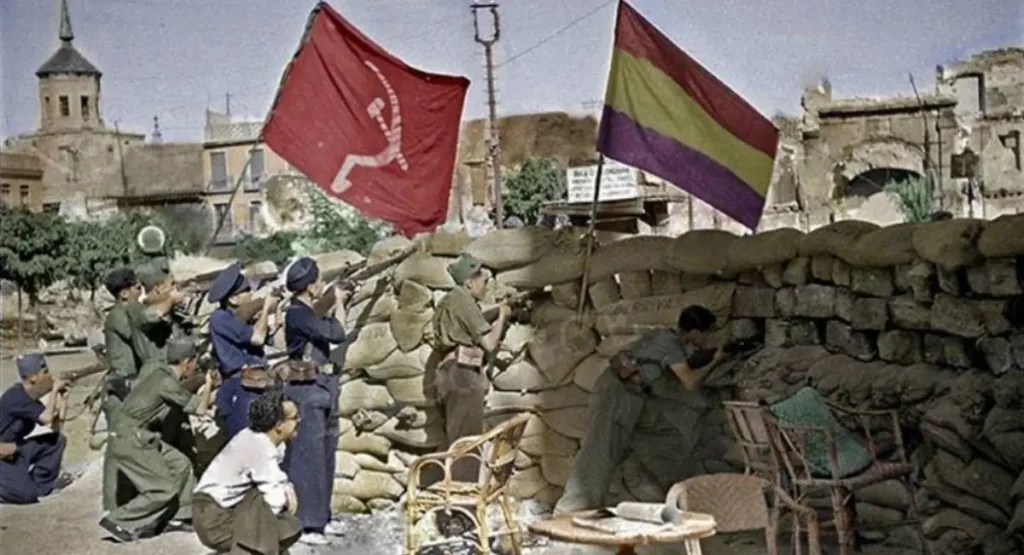
Wars have always had a devastating effect on people, but few conflicts have torn families and communities apart quite like the Spanish Civil War. Between 1936 and 1939, Spain was overcome in a war that pitted friends and family members against each other. The divide was not simply political, it rather splatted communities down to their very core. In the book, Precipice of the Labyrinth by Brian Snowden the readers will explore how the Spanish Civil War was so tragic that it didn’t just involve foreign invaders or distant enemies it was Spaniards fighting against each other, often with heartbreaking consequences.
In the book, the author discovers how William, an American, travels to Spain and encounters a country at war with itself. He witnesses direct how the conflict turns neighbors into foes and how the war affects the relationships of those around him. Through his eyes, readers experience the intense emotional strain the war had on ordinary people.
The war between the Republicans and Nationalists divided families as ideological lines were drawn. People had to choose sides, often based on their beliefs, religion, or socio-economic status. In some cases, family members found themselves on opposite sides of the battlefield, torn between their loyalty to their loved ones and their loyalty to a cause. Franco’s Nationalists were seen as defenders of traditional values, the Church, and conservative ideals, while the Republicans represented progress, labor rights, and a break from the old feudal-like structures.
One of the most painful aspects of the Spanish Civil War was that even the closest relationships could not withstand the political pressures of the time. The social fabric of Spain, already delicate, was shattered as brothers, fathers, and sons were often forced to fight each other. Families that had lived peacefully for generations were suddenly torn apart, with each member finding themselves at odds over their political loyalties. Friendships that once seemed unbreakable crumbled under the weight of political convictions.
This devastating impact is not limited to Spain’s past; many civil wars around the world have had similar effects, tearing families apart and leaving behind wounds that are difficult to heal. From Syria to Yemen, we see examples of how ideological conflicts can pit neighbors, friends, and even family against one another. The lessons from the Spanish Civil War are relevant today, showing how a country divided can lead to personal heartbreak and leave deep scars that affect generations to come.
In today’s world, where political ideologies can seem more divided than ever, it is crucial to remember the Spanish Civil War as an advisory tale. It proves the dangers of letting political differences overpower personal relationships and the tragedy of civil conflict. The war in Spain may have ended more than 80 years ago, but the consequences of such conflicts are lasting, with Spain only fully transitioning to democracy after Franco’s death in 1975.
The pain of the war was not just in the fighting, but in the deep divisions it created. Even today, Spain struggles with the memory of the war, and its legacy continues to influence the country’s politics and society. Reconciliation has been slow, and the wounds of the past have yet to fully heal. The book proves that the Spanish Civil War serves as a stark reminder of how conflicts can destroy not only nations but families and personal relationships. By understanding the deep divisions caused by this war, we can appreciate the need for dialogue, tolerance, and compromise in our own lives and societies. Let us remember that while political views may differ, the bonds of family and community are too precious to be destroyed by ideological differences.
© Copyrights 2024 Brian Snowden. All Rights Reserved